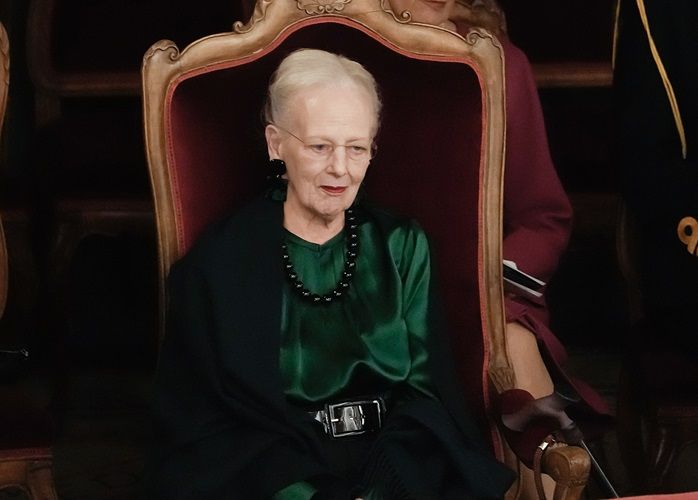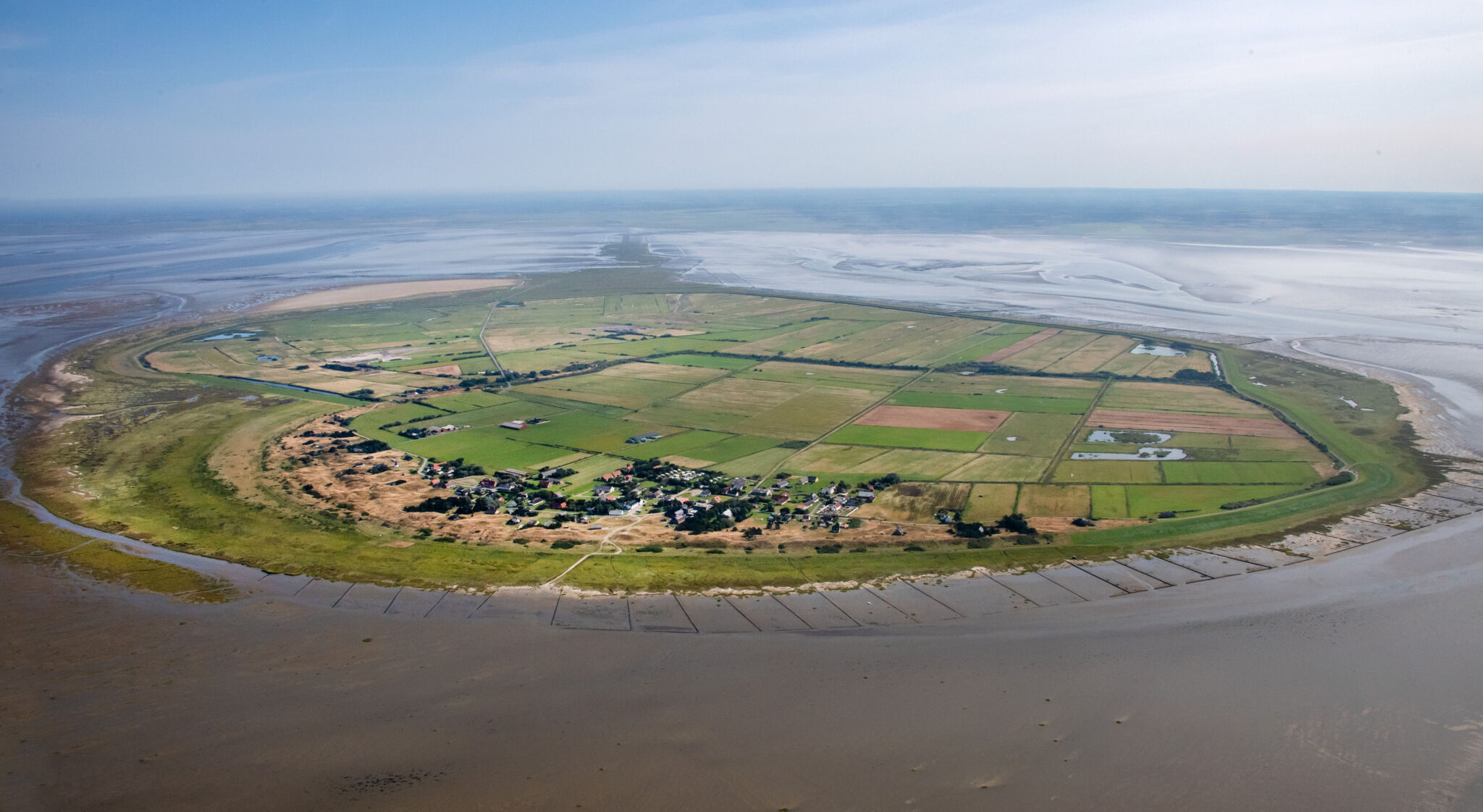Your basket is currently empty!
Just another six months in an imperfect union
Another crisis, another calamity, another crunch – emergency is the stuff the EU presidency is made of. The euro’s troubles have overshadowed Poland’s presidency, and are expected to do the same for the Danish term. But as history shows, major headaches are the norm, not the exception.
Economic scrambling is a long-running theme for the EU – finances have been the big-ticket item for the rotating presidency since the world economy tumbled in 2008, during the French presidency.
But crisis can come from anywhere – within the union itself, among individual member states, on Europe’s borders or from calamity far from home.
In the first half of 2011, Hungary’s presidency got off to a rocky start after Budapest’s government passed a controversial media law designed to restrict “unbalanced” news coverage, setting off alarm bells across the EU over democratic rights.
Then, with the dawn of, the Arab Spring, instability spread across North Africa and the Middle East, sending waves of refugees to EuropeÂ’s borders. Catherine Ashton, the unionÂ’s foreign policy chief, was busy with Libya but Hungary stepped in to co-ordinate evacuations, using their embassy in Tripoli as a base for the EU.
BelgiumÂ’s government dissolved immediately before their term began in the second half of 2010. It was only formed again this month. Their term was forced to run on long-term planning and bureaucratic vigour.
In the first half of 2010, Spain was left dealing with a new system for the rotating presidency after the Lisbon Treaty went into force at the start of their term.
The Czech Republic had an even more colourful presidency in the first half of 2009, when the government of the anti-EU prime minister dissolved in the midst of the presidency. The country had already drawn ire for a controversial installation depicting member states by their stereotypes – with Bulgaria presented as a squat toilet. At the same time, they had yet to pass the Lisbon Treaty, which would eventually reform the rotating presidency.
In the second half of 2008, before the Lisbon Treaty went into force, France had its hands full with international issues. When Russia invaded Georgia that summer, President Nicolas Sarkozy stepped in as the EU representative. The Irish had also voted down the Lisbon Treaty, leading to delays and confusion over the future of the unionÂ’s reform. And the expansion of financial troubles intensified that autumn as the sub-prime mortgage crisis in the US sent markets into freefall.
In light of a never-ending series of crises big and small, all a country can do is prepare for the unexpected. An emergency does not necessarily mean a poor report card for the country in the driver’s seat – a calm head and a professional approach means countries like Poland have gained solid reputations, even though much of their efforts may have taken place away from the public’s eye.
Denmark has said itÂ’s ready for the position. Only time will tell what requirements that job will entail.
-

More and more international couples come to Denmark to be wed
·
Rather simple marriage conditions are bringing international couples to wed in Denmark. The number of international couples marrying in Denmark…
-

“Yes” to collective agreement for government employees
·
An average salary increase of 7.4 percent for government employees is in place.
-

Free cakes for Copenhagen nursing homes at Queen Margrethe’s birthday
·
It has become a new classic to mark Queen Margrethe’s birthday with cakes for the city’s nursing home residents. Tuesday…
-

Two Danish Palm d’Or nominees at Cannes Film Festival 2024
·
At the 77th Cannes Film Festival, taking place from 14 to 25 May 2024, two films with a Danish connection…
-

Internationals have a voice – but it’s not easy to be heard
·
On Saturday 30 internationals met at Copenhagen Post’s premises. The atmosphere was energetic and the engagement great, as the participants…
-

High likelihood of shooting stars at the new Dark Sky Park Mandø this summer
·
The small island of Mandø is located off the Danish west coast, in the UNESCO World Heritage recognised waters of…
-

Jagger burger chain in name dispute with legendary rock singer
·
The Danish burger chain Jagger is embroiled in a name dispute with frontman of the band The Rolling Stones Mick…
-

Denmark to collaborate with Czech Republic on pan-European ID app
·
Denmark and the Czech Republic have signed a cooperation agreement to develop a pan-European ‘digital identity wallet’. At an EU…
-

BREAKING: Ex-Chief of Defence threatens to sue Ministry for unfair dismissal
·
Ex-Chief of Defence Flemming Lentfer is threatening to sue the Ministry of Defense for unfair dismissal, according to information in…
-

Demand for crisis preparation and response courses soars
·
In just a few years, the number of signups for the Association for Emergency Preparedness’ crisis preparation courses has exploded. …
-

Employment and Integration Mayor wants more schooling options in Copenhagen
·
Copenhagen’s Employment and Integration Mayor Jens-Krisitian Lütken has called for more privatskoler (private schools) and friskoler (free schools) to be…
-

STEM-universities told to cut Master’s degrees despite acute national demand for IT specialists
·
In June last year, the Folketing approved a higher education reform in Denmark, in which Master’s degrees will be shortened…
Connect Club is your gateway to a vibrant programme of events and an international community in Denmark.
Career







